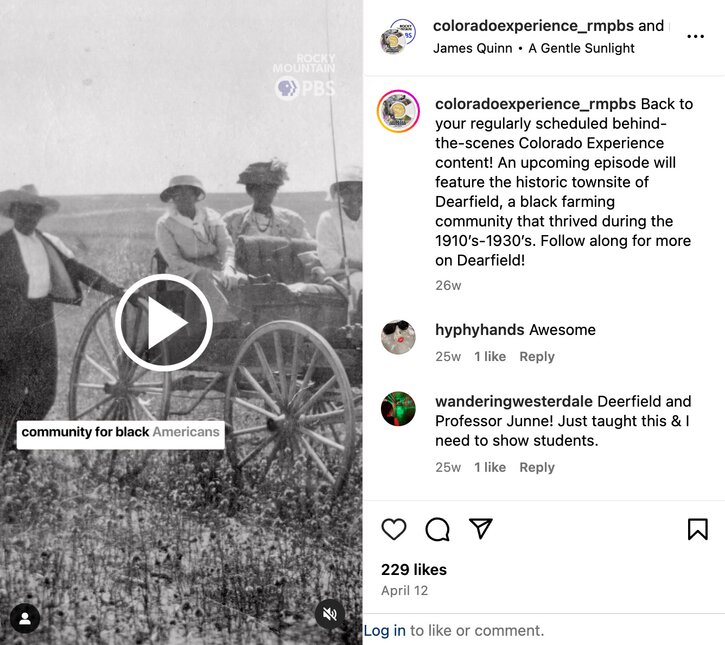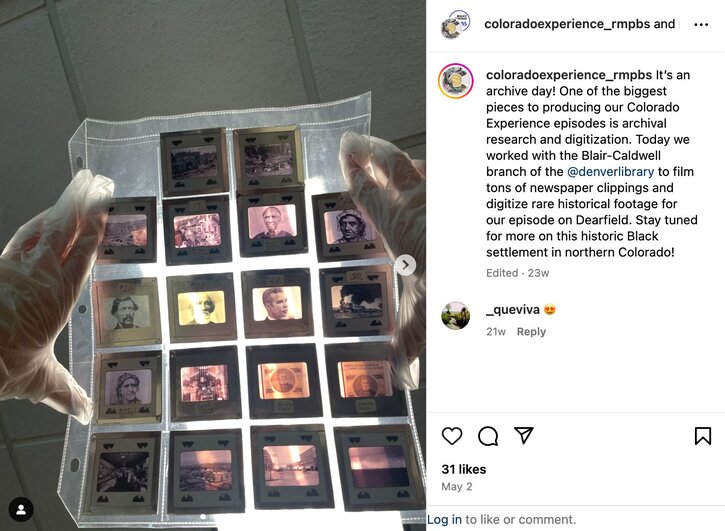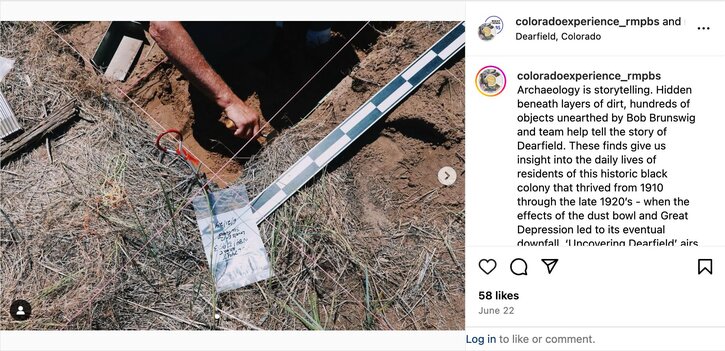DEARFIELD, Colo. — In a vast sweep of farm fields and plains northeast of Greeley, not much remains of a once-thriving Black homesteading settlement. With just a couple of buildings left standing, historians and archaeologists are still learning about life in Dearfield.
“This was an opportunity for families to set their own course, to create their own lives, to own land, to plant their crops … to build your home, and to create a small business and figure out ways to make a career path for yourself; make your life better,” said Terri Gentry, a historian and descendant of Dearfield homesteaders.
In 1910, businessman O.T. Jackson established the homestead, seeking a place for Black Americans to have their own land, money and prosperity. In 1918, the boom in residents and ensuing agricultural products led to the town making $50,000, which is equivalent to more than $1.1 million in today’s money.
“It's amazing to me to hear about some of the artifacts because it shows how much work, effort and energy people put into their lives to make their lives so much better. And just looking at things to show that they are moving forward and achieving some milestones,” said Gentry.
Despite the quick success the town saw, it became a victim — like many towns in the plains — to the Dust Bowl. By 1925, the town’s population was a fraction of what it was in its heyday, and soon everyone left the town. Most buildings were torn down and used for lumber.
Still, the legacy and importance of Dearfield in Colorado history lives on. Now, advocates like Gentry and other historians are hoping an ongoing study — scheduled to be completed in 2025 — will help make Dearfield a part of the national park system, which would provide more funding and preservation.
The story of Dearfield, its significance and recent findings are the subject of a documentary, “Colorado Experience: Uncovering Dearfield.” This episode features interviews from Gentry and other historians as well as a look at the ledgers for the town and inside the remaining buildings. You can watch the episode and learn more about Dearfield below.







